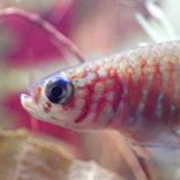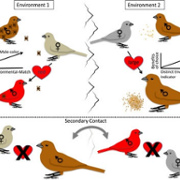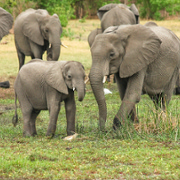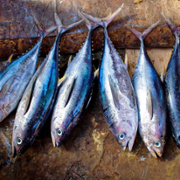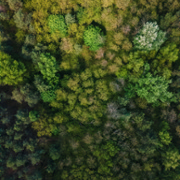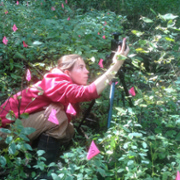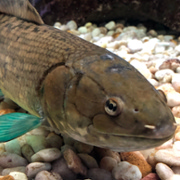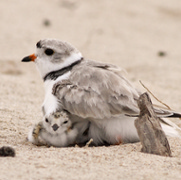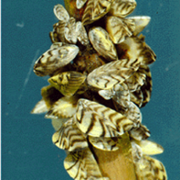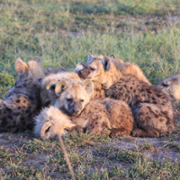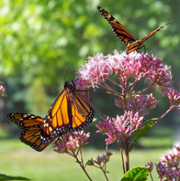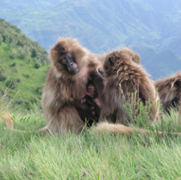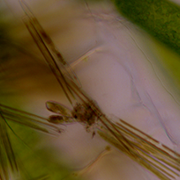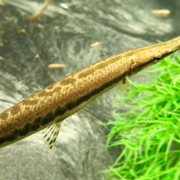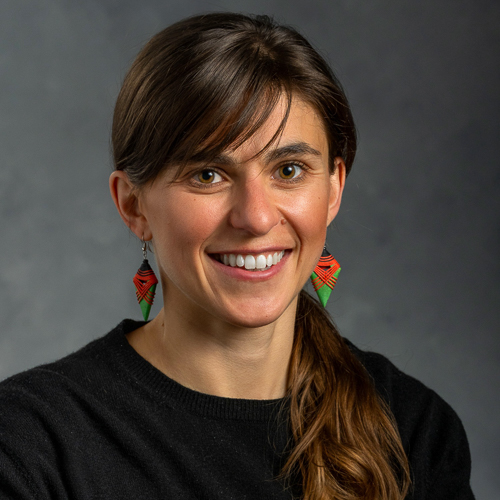News
April 13, 2022
Andrew Thompson of the Braasch Fish Evo Devo Geno Lab is lead author of a new report on Rio pearlfish genome sequence published February 21st in the journal G3: Genes/Genomes/Genetics, "Genome of the Rio Pearlfish."
March 4, 2022
IBIO's Janette Boughman co-authors a new paper published in Ecology Letters introducing a new theoretical model of mate selection, "The Ecological Stage."
September 30, 2021
Sam Ayebare was awarded the Russell E. Train Fellowship for Aspiring University Faculty for Conservation to study research on mammals and birds in the Albertine Rift in Africa.
September 30, 2021
IBIO's Mariah Meek and post-doc Nadya Mamoozadeh are part of a team chosen for a major NSF grant focusing on creating an app to reduce illegal, unregulated and unreported fishing.
September 30, 2021
Elena Litchman and collaborators published research September 1 in the Journal of Geophysical Research: Biogeosciences describing their work in Gull Lake studying the sources of lake algae.
September 9, 2021
IBIO Post-Doc Rachel Toczydlowski is lead author of new study published in Proceedings of the National Academy of Sciences August 16 examining genetic sequence data and its usefulness for monitoring genetic diversity.
September 9, 2021
IBIO post-doc Andrew Thompson and Ingo Braasch lead project to assemble complete bowfin genome; report published in August 30 Nature Genetics.
September 9, 2021
Elise Zipkin and former post-doc Sarah Saunders' research on statistical modeling on piping plovers earned Ecological Forecasting Outstanding Publication Award from the Ecological Society of America (ESA).
August 6, 2021
KBS faculty member Stephen Hamilton and colleague release results of a long-term study showing that zebra mussels increase harmful algae in lakes.
August 6, 2021
Former IBIO graduate student Zachary Laubach led research on hyena social networking and stress.
August 5, 2021
Erin Zylstra and Elise Zipkin publish research in Nature Ecology and Evolution using data from volunteers documenting decline in Eastern Monach populations over fourteen years.
August 3, 2021
Elizabeth Tinsley Johnson is the first author of "The Goldilocks Effect: Female Geladas in Mid-sized Groups Have Higher Fitness," which examines optimal group size in a population of wild geladas.
July 14, 2021
Elena Litchman awarded the 2021 G. Evelyn Hutchinson Award. This award is presented annually to a limnologist or oceanographer who has made considerable contributions to the field.
April 14, 2021
Ingo Braasch and international research team publish in "Science" evidence of much earlier eye-brain nerve connection than previously thought.
April 7, 2021
Phoebe Zarnetske discusses paper on climate intervention published in "Proceedings of the National Academy of Sciences of the United States" (PNAS).
